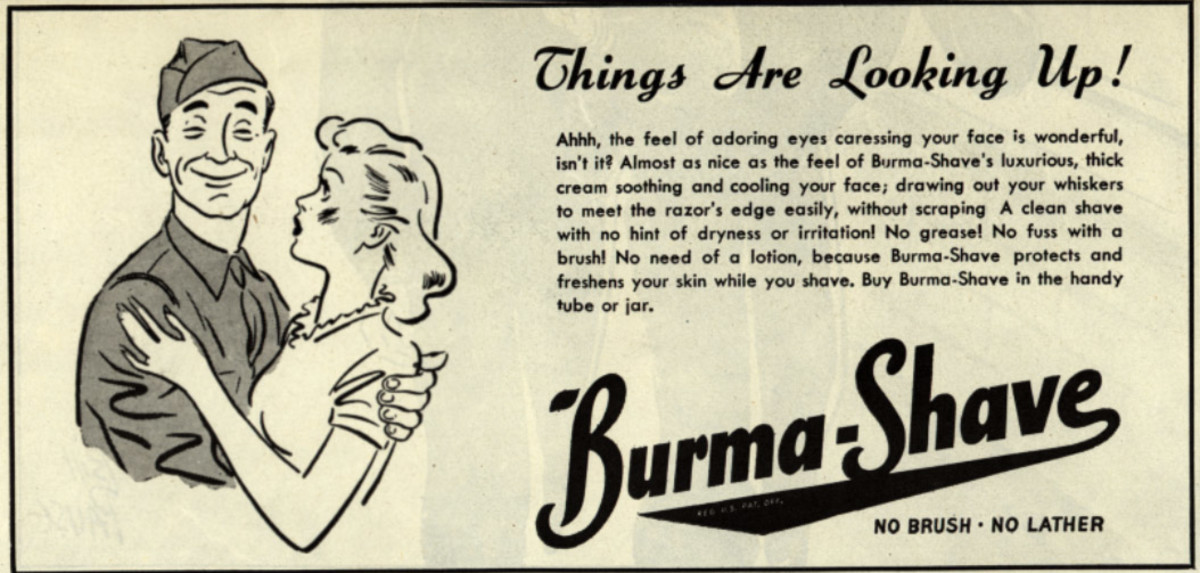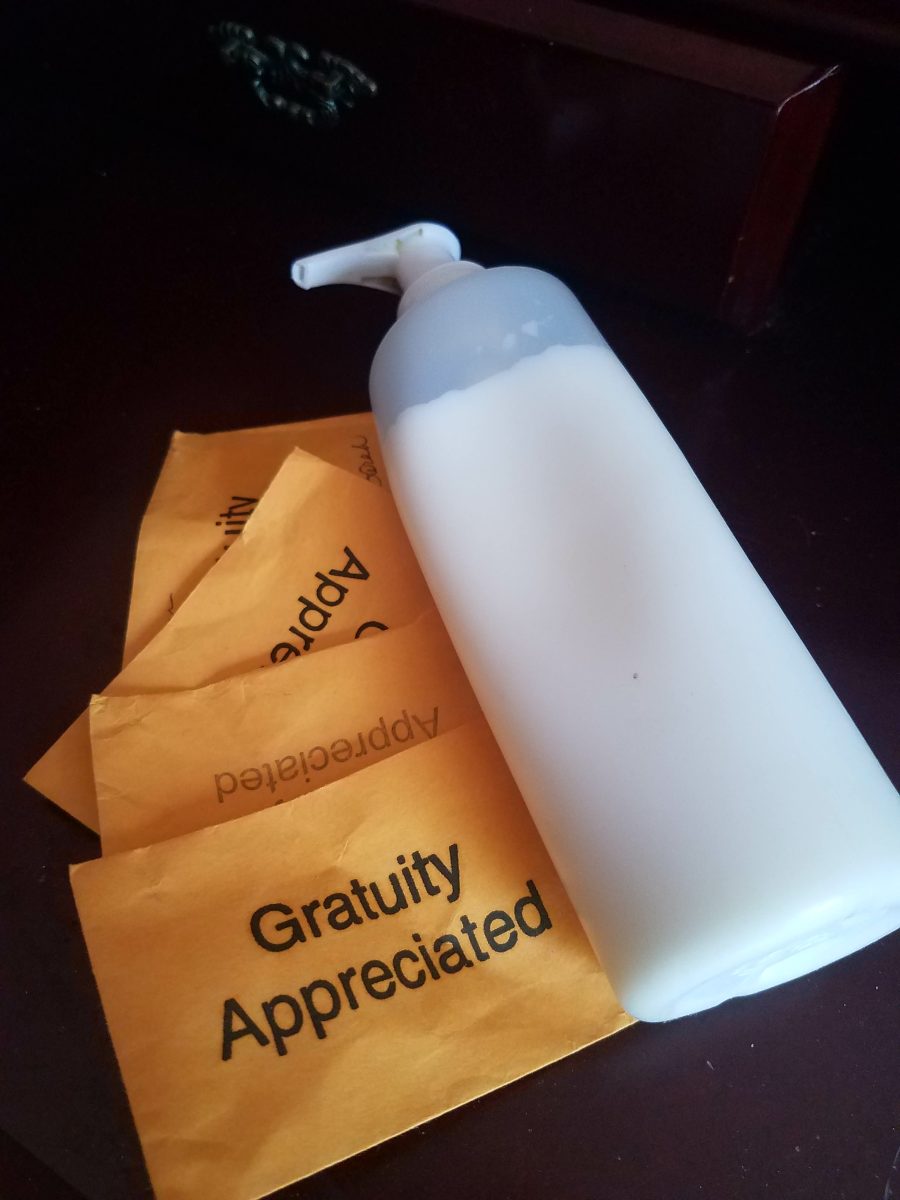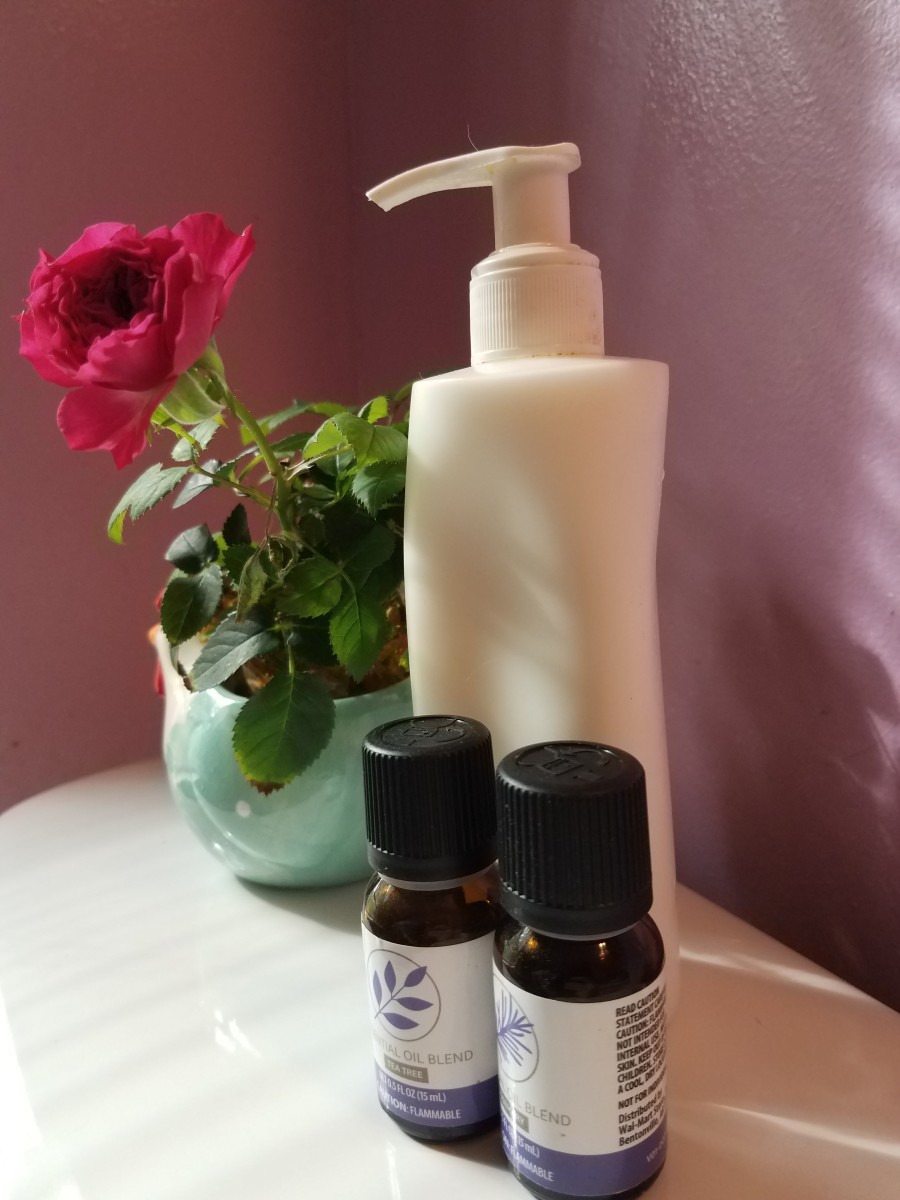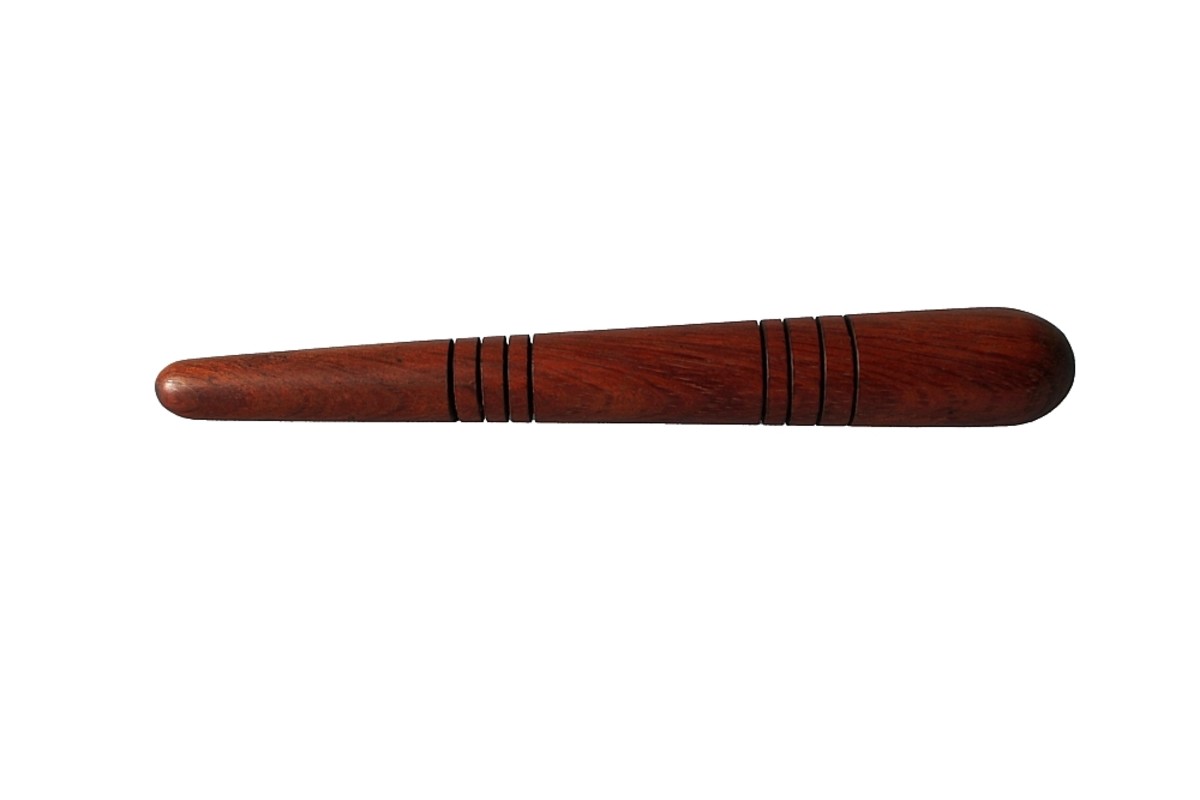Massage Therapy: To Knead or Not to Knead

Imagine yourself in a dimly lit room, the gentle and soothing sounds of piano music, and trickling water from a fountain. In the air is the scent of eucalyptus, or maybe vanilla and night-blooming jasmine. You snuggle down under the soft covers and feel the warmth from the table warmer already soothing your achy muscles, even before the therapist steps into the room and begins kneading away all the tension and stress you’ve been feeling.
Massage therapy—potentially one of the most rewarding careers. Imagine going to work each day, knowing you were going to make someone feel extremely relaxed by reducing their muscle tension and stress. Imagine seeing the appreciative look on their face after the massage, and leaving work with the satisfaction of actually making a difference in someone’s life.
The Desire to Help
This may be the most common reason why people decide to become massage therapists. They want to help, they want to heal, and they know, with the proper training and knowledge, they can make a difference in this stressful, busy world. There are few people who don’t enjoy receiving massages, and everyone these days seems to be stressed out, rushed, frazzled, and generally tense. In other words, all of us could use a massage to help us unwind and relax.
Kelly, who has been a massage therapist in Massachusetts since 2006, knows how important her role as a therapist is to her clients. “The absolute best thing about being an LMT,” she notes, “is when I can assist someone in truly feeling better…If I can help somebody de-stress, whether it's one session or six, I can really make a difference in whatever it is they are going through. It could be marathon training, recovery from an injury, a divorce or they may be a caretaker for a loved one.” This awareness that they are making a difference is what might compel so many people to turn to massage therapy as a career.
Benefits of Massage
According to The American Massage Therapy Association, in their article, “Massage Therapy Research Roundup,” massage can “enhance the immune function in preterm infants, decrease blood pressure and improve stability in older persons, as well as reduce stress and anxiety in cancer patients.” It also reduces inflammation and eases the soreness and tightness of tense muscles. Sports massage can assist athletes by maintaining loose, healthy muscles, therefore reducing the risk of injury. And above all, massage therapy just feels good.
Ease and Popularity of Massage
A career as a massage therapist is also relatively attainable, at least compared to the career of a doctor, chiropractor or some other similarly healing profession. According to the Bureau of Labor Statistics for massage therapy, there were 71,040 massage therapists employed in the United States as of May, 2012, compared to 27,160 in 2002, and that isn’t including those who are self-employed. That’s quite an increase in ten years, suggesting that massage therapy has become more popular and therefore, in higher demand. Also, due to the speed in which one can complete massage therapy education and training (generally 6 months to a year and a half), and the somewhat affordable cost, many people are drawn to this career as an easier path to healing and helping others. As Kelly points out, “I'm like a physical cheerleader for people at many different levels.” A massage therapist can assist in not only reducing physical tension but also emotional stress, without having to attend years and years of education. That’s not to say that massage therapists aren’t educated, however. Most states require therapists to obtain continuing education hours on a yearly basis, in order to maintain their license.
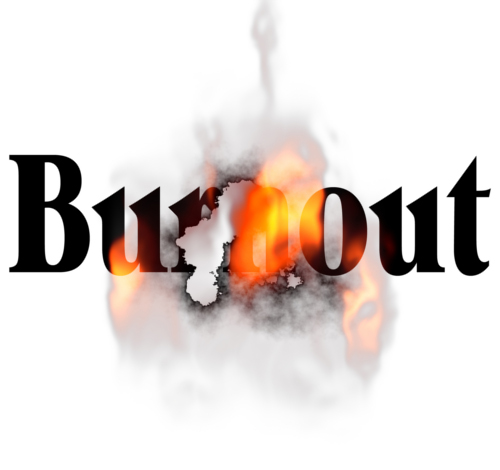
Burn Out
Yet there are still many therapists who reach burn out at an early point in their career. Why?
Some may not realize how physically demanding this profession can be. Many therapists are forced to quit due to physical injuries or chronic strains to their wrists, hands or backs. “The most challenging thing is when people don't understand what it is I do,” Kelly states. “Some think it's pampering when it's really health and wellness. It also seems that some people think I walk around my table with a feather in my hand: ‘la-di-da, I'm a massage fairy.’ It actually can be very physical work.”
Along with the physical hardship, massage therapists can also become weighed down by the emotional baggage they encounter every day. Even the most emotionally-guarded therapist can still be affected by the stress and tension of the people they work on. Massage therapists are trained during their education to be aware of their clients’ emotional impact, yet it is truly difficult to entirely avoid other people’s negative, though unintentional, influence. Therapists seem to absorb the energy they’re trying to dissipate from their client, even while practicing a vigilant resistance to it.
My Own Reasons
I’ve been a massage therapist since 1996, and it was a surprisingly easy decision for me, once I realized how great massage therapy was. I received my first professional massage when I was 18 years old and a freshman in college. Despite my life-long desire to be a writer, I was struggling in my first year of college, unsure of which direction to take in that career. Journalism just wasn’t appealing to me, and freelance work seemed unreliable. During that first massage, I asked the therapist how she got into the profession, and for some reason it just clicked. That’s what I should be doing! I had always enjoyed giving my family and friends massages, and I had even considered becoming a physical therapist when I entered college. So once I made the decision, everything seemed to fall into place.
After my 11-month education, I dove right in to the massage profession, first working with another massage therapist in his studio and then opening my own business next to a gym in a small town. Over the following 12 years I worked in hair salons, chiropractic offices, wellness centers and spas. I also gave in-home massages to those who preferred to relax in the comfort of their own homes. I encountered hundreds of amazing people who were so appreciative and kind and generous. Yet sadly, I remember more often the few who made my job difficult, uncomfortable or otherwise frustrating. I was naive and very sensitive when I first started out in the massage industry, and I wasn’t able to ignore or let go of the negative energies or inappropriate behavior of the clients on which I worked. Giving massages all day is exhausting and physically demanding. I remember going home with an aching back, feet and hands, yet my emotional state ached more.
Ultimately that’s why I decided to leave the massage industry, at least full time. Plus the economy at the time wasn’t in great shape, and it seemed that massage therapy was the first thing people cut from their budgets in order to save money. I craved a regular paycheck so I didn’t have to wonder how much money I would make from day to day and week to week. And I was honestly in need of a break from the physical and emotional drain due to giving massages all day. Perhaps I could have done more to avoid this type of burn out. Maybe I should have taken more continuing education classes to help me deal with the negative aspects. I know I should have been more vigilant in receiving massage therapy myself, to replenish my physical and mental void.
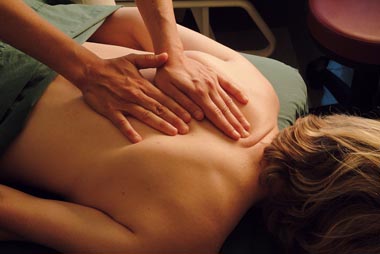
Self Care
Kelly stresses the importance of self-care as a massage therapist: “The most important thing a massage therapist can do is pace themselves and practice self-care. The burnout rate was five years when I started. Now it's at seven years. So it seems we are learning and taking better care of ourselves too!” This makes me wonder if perhaps people are becoming more aware of the potential for burn out and taking better steps in protecting themselves, in order to make this profession a life-long career.
I can say that no other job I’ve had has given me as much satisfaction or fulfillment as my massage therapy career. I do miss it. And I continue to maintain my massage therapy license…just in case.
References
© 2014 Jessika Vitelli

